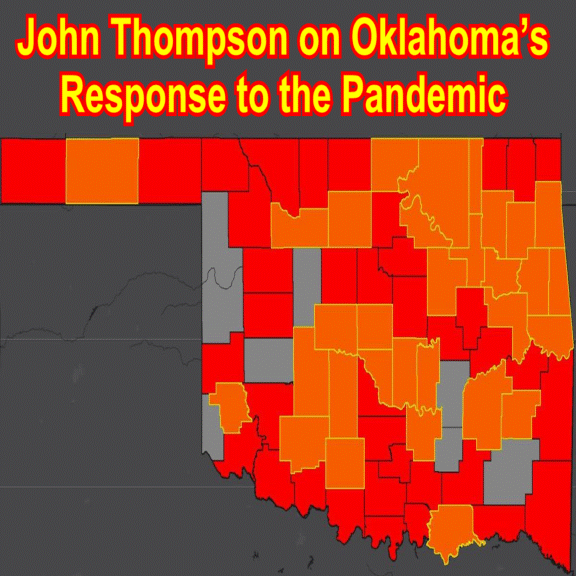NEA Hosts Tele-Town Hall to Mobilize Support for Coronavirus Relief Bill
NEA Hosts Tele-Town Hall to Mobilize Support for Coronavirus Relief Bill
The message of NEA’s “We Rise Together” campaign, a national call to demand Congress pass the HEROES Act to help stabilize education funding, couldn’t be any clearer: “If we don’t do something, it’s going to get worse,” cautioned NEA President Lily Eskelsen García, during a national tele-town hall with Sen. Kamala Harris (D-Calif.), Rep. Jahana Hayes (D-Conn.), and award-winning actor Bradley Whitford, as well as thousands of education activists. The group underscored throughout the hour-long call that the “something” is to take collective action to urge Congress to pass a new coronavirus relief bill. “Schools depend on tax revenues: income tax, sales tax, property tax,” said Eskelsen García. “With so many people out of work, not going shopping, businesses closed, tax revenue is falling off a cliff—and that means school funding won’t be there when [school districts] need it in the fall.”
She added, “There is something we can do about it, if we rise together and act to get schools what they need—and we can do it right now.”
On the Table
Helping to keep local and state budgets afloat, the U.S. House of Representatives is expected to pass the HEROES Act, legislation that provides money directly to school districts, colleges, and universities, as well as state and local governments that are struggling to fill budget gaps from the fallout of the coronavirus. The bill includes $100 billion specifically for K-12 and higher education; plus, $915 billion in state and local aid that could be used to help public schools and college campuses as tax revenues fall.
History shows that recessions bring to the education community massive layoffs, class size hikes, reductions in state education spending, and more. The Great Recession of 2008 proved this, and it took years for states to recover. In some places, they never recuperated.
But you don’t have to look too far into the past to predict the future. Right now, Hawaii is suffering a devastating blow to its economy. With tourism down, the state has the highest unemployment rate in the country and the ripple effect is felt in schools across the state.
Schools receive no money from the counties and no property taxes, explained Corey Rosenlee, a high school teacher and now president of the Hawaii State Teachers Association. “Whenever there’s an economic downturn, the first place the state goes to cut is our schools.”
When the coronavirus hit, state officials looked to cut school funding to make up for budget shortfalls, including a 20 percent cut to the salaries of teachers and government workers. The Hawaii affiliate mobilized its members and flooded its board of education with testimony on how these cuts would worsen student learning. This, in part, compelled the Gov. David Ige to announce that there is no “immediate need” to consider pay cuts or furloughs,” shared Rosenlee.
The key word is “immediate,” and it is why collective action is needed to pass the HEROES Act.








